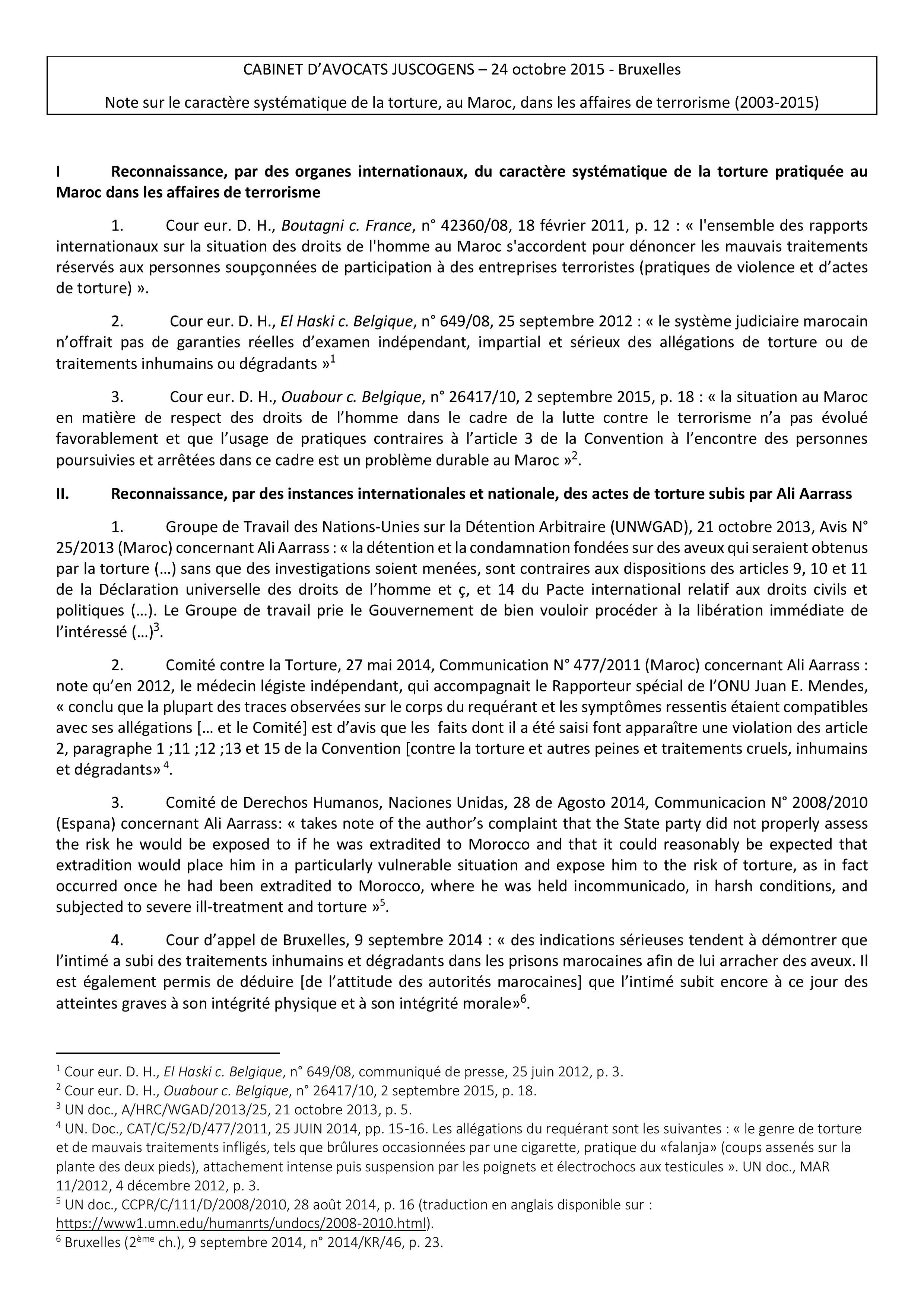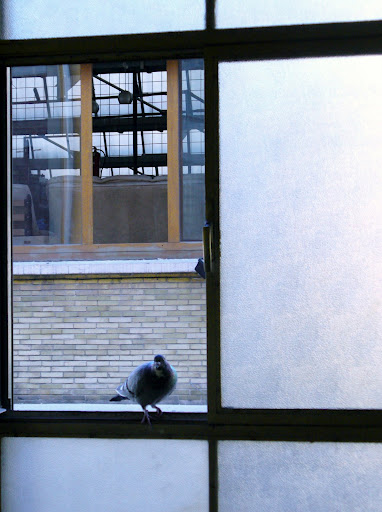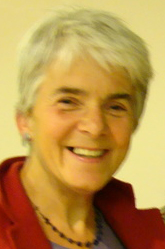Belgium « bans » Free Palestine T-shirts, ignores torture of its citizen
I had a surreal experience on Sunday.
For the second consecutive week, a group of us entered a Brussels food exhibition to protest at a stand promoting SodaStream, a manufacturer of soft drink machines based in Mishor Adumim, an Israeli-controlled industrial zone in the occupied West Bank. As soon as we began distributing flyers alerting the public to the company’s crimes, the police arrived. They surrounded us for a while, before escorting us outdoors (throughout this time, we chanted “Boycott Israel” slogans).
A police officer then explained that we needed a permit from the local mayor’s office to wear T-shirts saying “Free Palestine”. (I swear that I’m not making this up). One young woman pointed to a slightly different T-shirt she was wearing that read “I ? Palestine.” According to the officer, that garment was permissible as it was considered apolitical. Yet if several people want to wear “Free Palestine” T-shirts at the same time, they need special authorization, the officer maintained.
After this bemusing encounter, the protest organizer Nadia led us to a nearby tram stop, where we handed out our remaining flyers. It was there that I had a conversation with an activist named Farida, who told me about the grotesque human rights abuses inflicted on her brother Ali.
Extradited to Morroco
Ali Aarrass, a Belgian-Moroccan national, was extradited from Spain to Morocco in December last year, after having been held in custody since 2008. He was arrested in Melilla, a Spanish-controlled enclave on Morocco’s north coast in April 2008.
The Spanish authorities refused to heed a call from the UN Human Rights Committee in November 2010 that the extradition not take place until that committee had completed its examination of the case. Amnesty International has complained that the extradition breached the European Convention on Human Rights, which forbids the return of anyone to a country where he or she will be at risk of torture.
I called Farida this morning and she told me that Ali was repeatedly tortured when he was sent to Morocco. The methods used against him included hanging him up by his hands and feet. “My brother was very deeply shocked,” Farida said, adding that when one lawyer went to see him he reflexively covered his face with his hands, fearing that his visitor would beat him. “It was really horrible.”
Aarrass is scheduled to appear in court this Thursday. He is accused of belonging to a network, directed by Abdelkader Belliraj, another Belgian-Moroccan national who was sentenced to life imprisonment in 2009 after being convicted of planning terrorist acts. The case against Aaarass was considered by the Spanish national criminal court. But in March 2009, Baltazar Garzon, a well-known judge, provisionally closed investigations because of a lack of evidence.
No help from Belgium
Even though Aarrass has spent most of his life in Belgium and served in its army, this country’s authorities have refused to help him. Farida contacted the Belgian foreign ministry when Ali was held in Spain. “Their excuses were ridiculous,” she said. “They said ‘we cannot interfere in Spanish justice’. I said, ‘I’m not asking you to interfere but to visit him and see if he is in good health.’” (Aarrass has undertaken a number of hunger strikes).
Aarrass has a six year old child, who he has not seen in four years. His mother, who also lives in Belgium, can only visit him rarely. Efforts by his family to have him receive medical attention from independent doctors have been thwarted by the Moroccan authorities.
I was impressed by Farida’s commitment to human rights. As well as raising awareness about her brother’s plight, she also takes part in actions supporting the Palestinians and other victims of human rights violations.
She is encouraging people of conscience to send Ali a note of solidarity. His address: Ali Aarrass, Prison de Salé II, Salé, Morocco.






